#(though i wouldn’t doubt it if some nigerian or sudanese-palestinians came in the mandate era)
Text
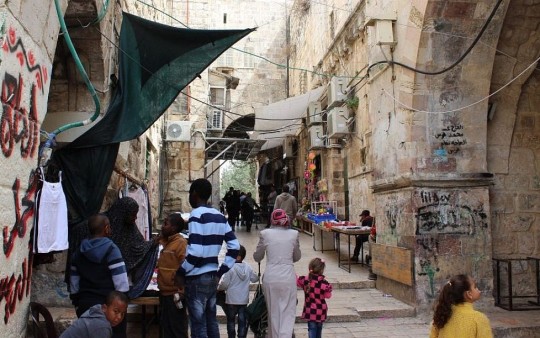
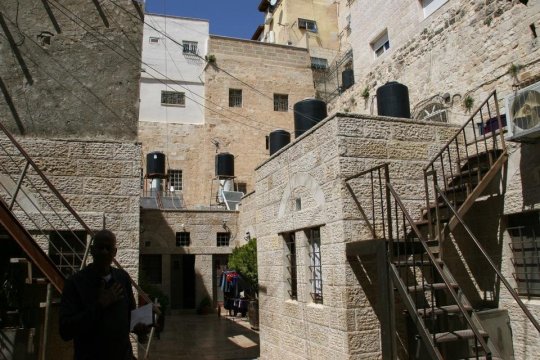
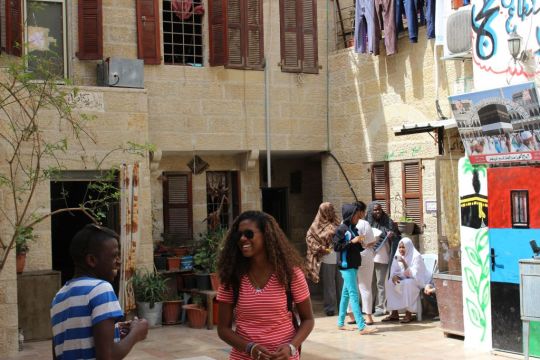
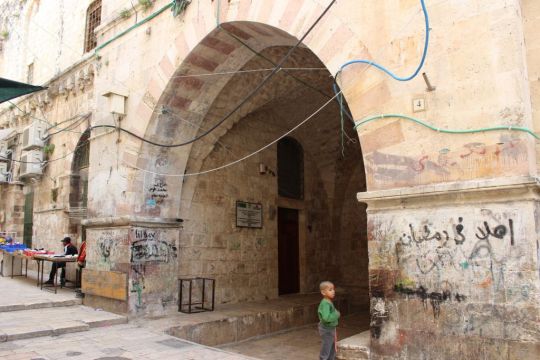
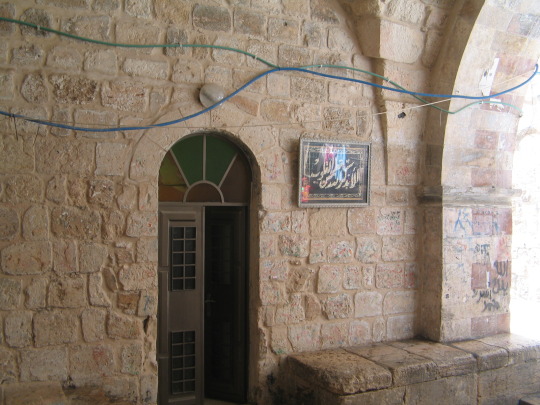
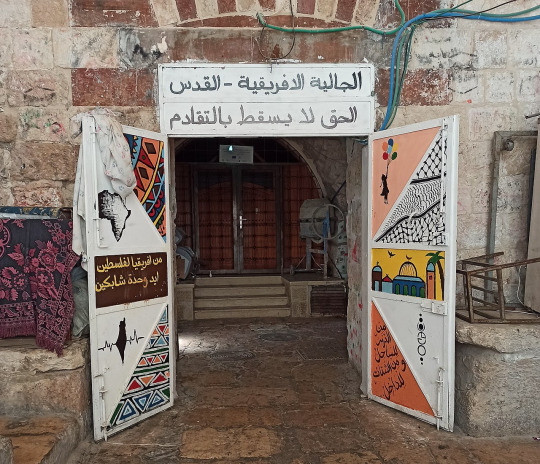
pictures from the old city of jerusalem's "african quarter", which comprises of ribat al-mansuri and ribat al-basiri. mamluks built the compounds in the late 13th century to house muslim pilgrims and the poor. ottomans used them as prisons, and the british closed the prisons when they occupied jerusalem in 1917. the ribats then came under the ownership of the islamic waqf, and were leased to the local afro-palestinian community.
afro-palestinians have an array of origins. like some other diaspora communities in palestine, some came through pilgrimage - al-aqsa was on their hajj path, and while many would visit to pray there, some decided to settle in jerusalem. there are also some who came to palestine enslaved or conscripted, most recently to ottomans. some came during the time of the british mandate, many as conscripted laborers to the british. afro-palestinians who can trace their ancestry do so to nigeria, chad, senegal, or sudan.
jerusalemite afro-palestinians were employed to guard al-aqsa throughout the ottoman period. during the 1948 palestine war, some joined the arab liberation army and fought with fellow palestinians to defend al-aqsa and their presence in jerusalem. the position of guards has been taken by occupation soldiers since the 1967 war, after which a quarter of the afro-palestinian population became refugees in surrounding countries.
jerusalem's afro-palestinian community still live in the compounds today, which also house the local african community society. (the door in the last picture is theirs.) afro-palestinians as a whole face the same legal, social, and economic restrictions and maltreatment as other palestinians, compounded with the same anti-black racism from israeli government and police which ethiopian jews and eritrean asylum seekers face, which result in a form of "passport racism" unique to them.
#palestine#architecture#muslim#diasporic palestine#my posts#see image description on 6th pic for translation#also worth mentioning that all four of the 'origin' countries are majority-muslim or had large muslim communities in case u didnt know#(though i wouldn’t doubt it if some nigerian or sudanese-palestinians came in the mandate era)#i feel like most of this blog's main demographic may know about sudan but maybe not the other three#there’s other black populations in pretty much every other me country who came for similar reasons#though pilgrimage is something really unique to palestine#and i’d guess also maybe modern day saudi arabia#though there’s large armenian communities in lebanon and syria who were established bc of pilgrimage to palestine
469 notes
·
View notes